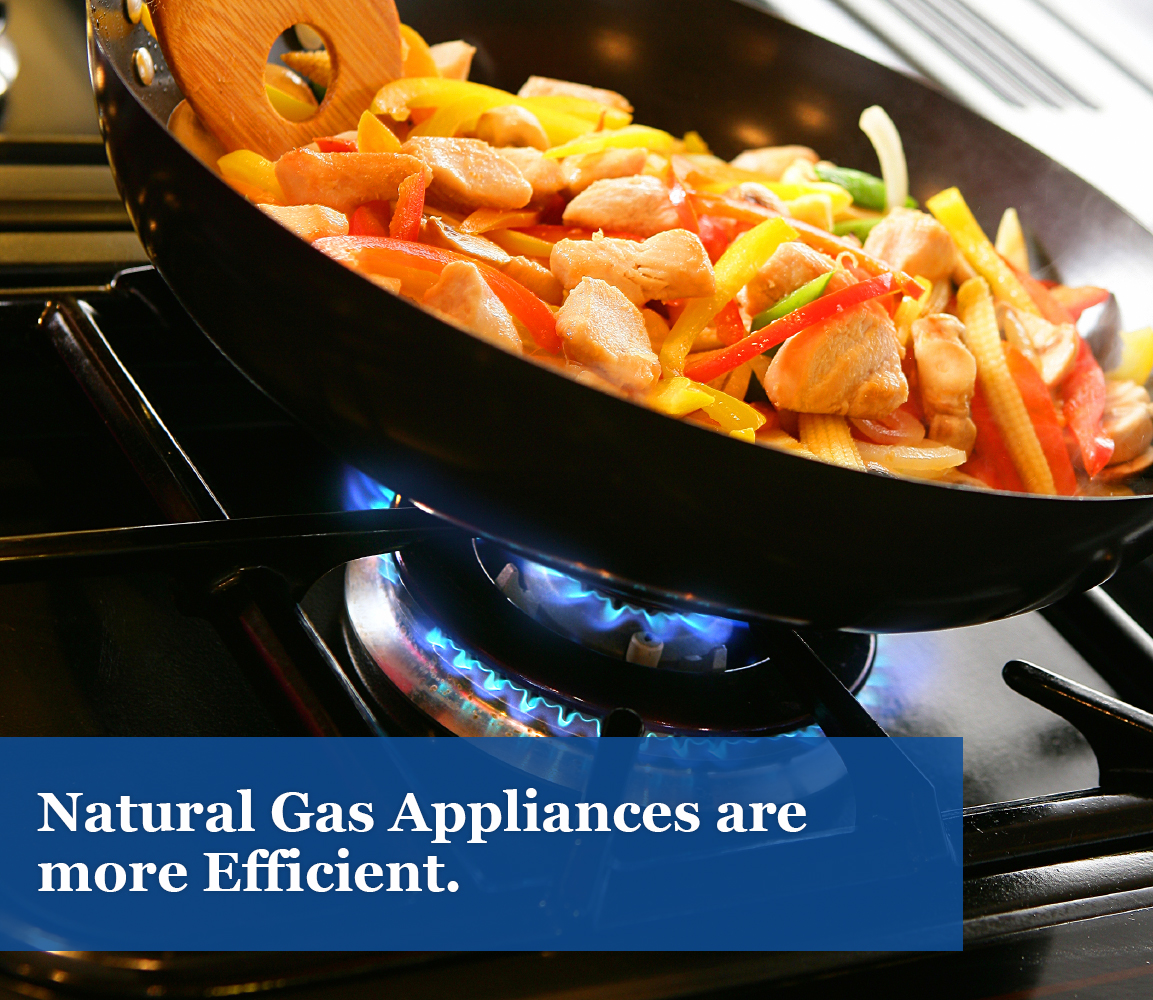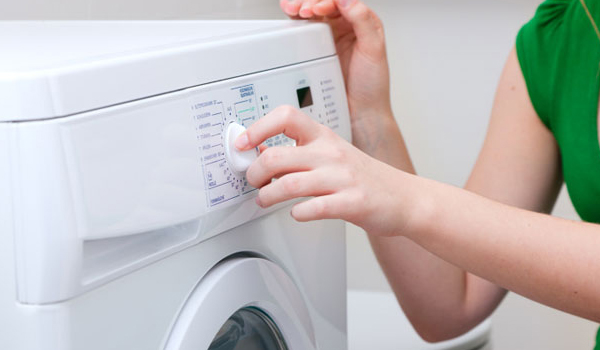Switching from electric to more energy-efficient natural gas appliances can feel like a big step. Sure, gas fueled appliances are more expensive, but the long-term savings certainly makes the switch, worthy of serious consideration.
According to an analysis conducted by the American Gas Association in 2014, which studied Representative Average Residential Space Heating and Water Heating Costs, customers could double their energy savings. According to the AGA’s estimates, choosing appliances powered by natural gas instead of other energy sources could translate into savings of up to $1,262 on space heating and more than $300 on water heating costs annually.


Selecting natural gas appliances that fit your needs, lifestyle and budget is very important.
We put together this checklist to help you shop wisely and find what’s right for you.
When selecting any particular appliance, keep in mind your particular consumption needs as well as the space available in your home. Remember – bigger isn’t necessarily better.
Contrary to popular belief, natural gas appliances are not all created equal. That means not every appliance uses the same amount of energy. Therefore comparing energy efficiencies is crucial to making the right choice.
Consider shopping for appliances that qualify for Efficiency Rebates! Visit ExcessIsOut.com to learn more about available appliance rebates.
Compare pricing and shop around for special promotions to make sure you’re getting the best possible deal on the appliances you need. In addition to price comparisons, consider added bonuses such as free installation, service support and of course warranties as well.